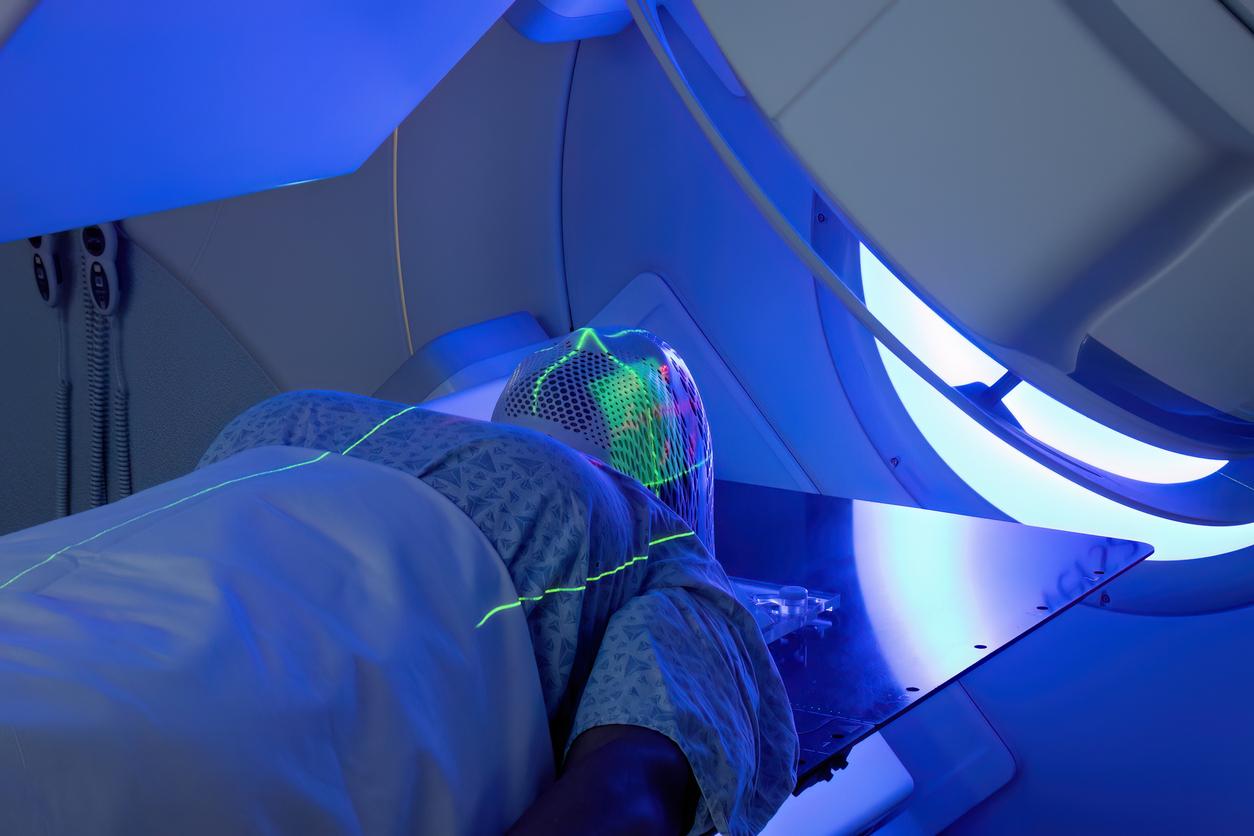Digestive cancers are developing more and more among French people under 50 without us understanding why.

- “Considered as a disease mainly affecting elderly patients, colorectal cancer is nevertheless increasing among people under 50, and this without any clear scientific explanation being identified by researchers,” explains the Gustave Roussy Institute. .
- For example, a study based on data from 143.7 million people living in 20 European countries, including France, showed that between 2004 and 2016, cases of colorectal cancer increased by 7.9% each year. among 20-29 year olds.
- This trend is also observed for pancreatic cancer.
On the occasion of Blue Mars, the Gustave Roussy institute looks at the increase in digestive cancers among individuals who have not yet reached their fifties.
“Considered as a disease mainly affecting elderly patients, colorectal cancer is nevertheless increasing among people under 50, and this without any clear scientific explanation being identified by researchers,” begins the hospital in a press release.
Colorectal cancers: for 30-39 year olds, an increase of 4.9%
In 2019, a study based on data from 143.7 million people living in 20 European countries, including France, showed that between 2004 and 2016, cases of colorectal cancer increased by 7.9% each year. among 20-29 year olds. For 30-39 year olds, an increase of 4.9% was observed between 2005 and 2006.
This trend is also observed for pancreatic cancer. In the United States, between 2001 and 2018, an increase in pancreatic cancers of 2.36% among women under 55 was measured, and of 0.62% among men in the same age group. “It is estimated that this disease will be the second cause of cancer mortality in France by 2030,” explains Gustave Roussy.
Digestive cancers in young people: new research is underway
To better understand this dynamic, the new YODA (Young Onset Digestive Adenocarcinoma) project will be launched in 2024.
“In recent years, we have seen a significant increase in the number of cases of colon cancer among young people, that is to say people under 50 years old. This significant growth is not entirely explained by the usual risk factors such as obesity, sedentary lifestyle, diet, addictive behaviors or hereditary factors. Faced with these alarming figures, it is urgent to identify what is causing them,” explain the two doctors in charge of the project, Alice Boilève and Cristina Smolenschi.
YODA will aim in particular to measure, using a cohort of young patients (20-49 years) and a cohort of elderly patients (65-70 years), the possible effects of environmental pollution, nutrition and of lifestyle in the appearance of early digestive cancers. This study also intends to elucidate the molecular signatures in young patients.

“Stopping the increase in cases of early digestive cancers also requires the generalization of monitoring of people at increased risk. This is the objective of Gustave Roussy’s Interception program, launched in 2021”recalls the research center in conclusion.

















